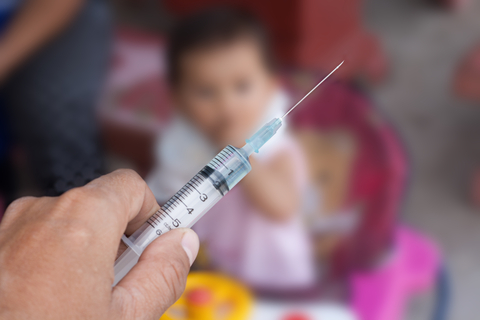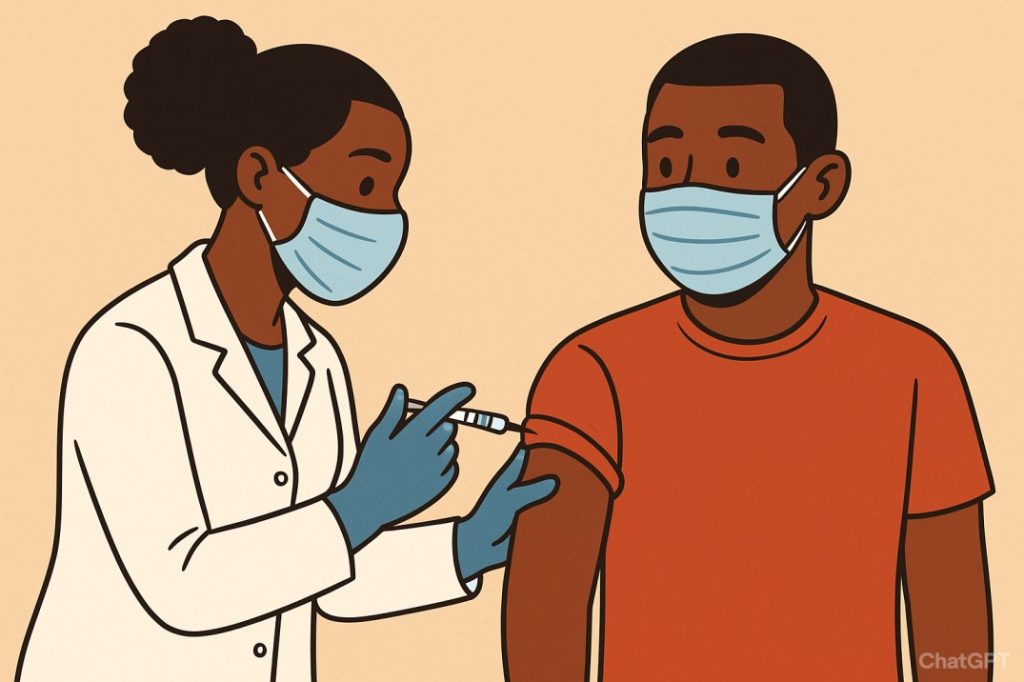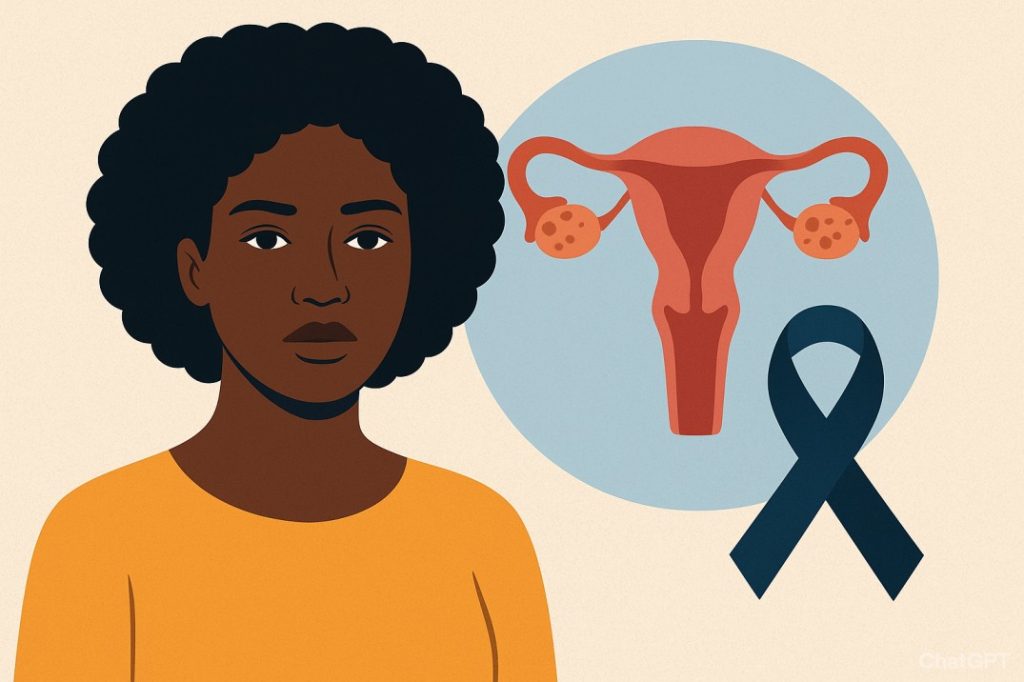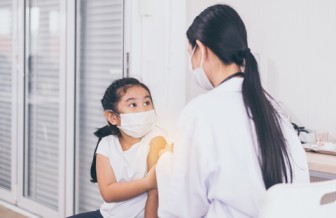National Library of Medicine
Housing instability and psychological distress in African American cancer survivors: findings from the Detroit Research on Cancer Survivors study
Purpose:
As health care systems seek to screen for and address housing instability in patient populations, robust evidence linking u...
Differential Associations of Depressive Symptomology to HIV Care Engagement Among Young Black Sexual Minority Men with HIV (YBSMM+) in the US South...
doi: 10.1007/s10461-023-04186-x.
Online ahead of print.
Affiliations
Expand
...
Lung Cancer Screening Among U.S. Military Veterans by Health Status and Race and Ethnicity, 2017-2020: A Cross-Sectional Population-Based Study
Introduction:
Veterans are at high risk for lung cancer and are an important group for lung cancer screening. Previous research sugg...
The Other Pandemic, Racism, in Urology
Review
. 2023 Nov;50(4):525-530.
doi: 10.1016/j.ucl.2023.06.012.
Epub 2023 Aug 7.
Affiliations
...
Pharmacist telehealth in an underserved urban population with type 2 diabetes mellitus
Background:
During the pre-vaccine months of the COVID-19 pandemic, pharmacists providing comprehensive medication management to und...
The effects of COVID-19 on African American communities in Baltimore's health enterprise zones: a mixed-methods examination
Background:
The CoVID-19 pandemic underscored effects of community resources on the built environment, health and health outcomes. T...
Trending Topics
Features
- Drive Toolkit
Download and distribute powerful vaccination QI resources for your community.
- Health Champions
Sign up now to support health equity and sustainable health outcomes in your community.
- Cancer Early Detection
MCED tests use a simple blood draw to screen for many kinds of cancer at once.
- PR
FYHN is a bridge connecting health information providers to BIPOC communities in a trusted environment.
- Medicare
Discover an honest look at our Medicare system.
- Alliance for Representative Clinical Trials
ARC was launched to create a network of community clinicians to diversify and bring clinical trials to communities of color and other communities that have been underrepresented.
- Reducing Patient Risk
The single most important purpose of our healthcare system is to reduce patient risk for an acute event.


















